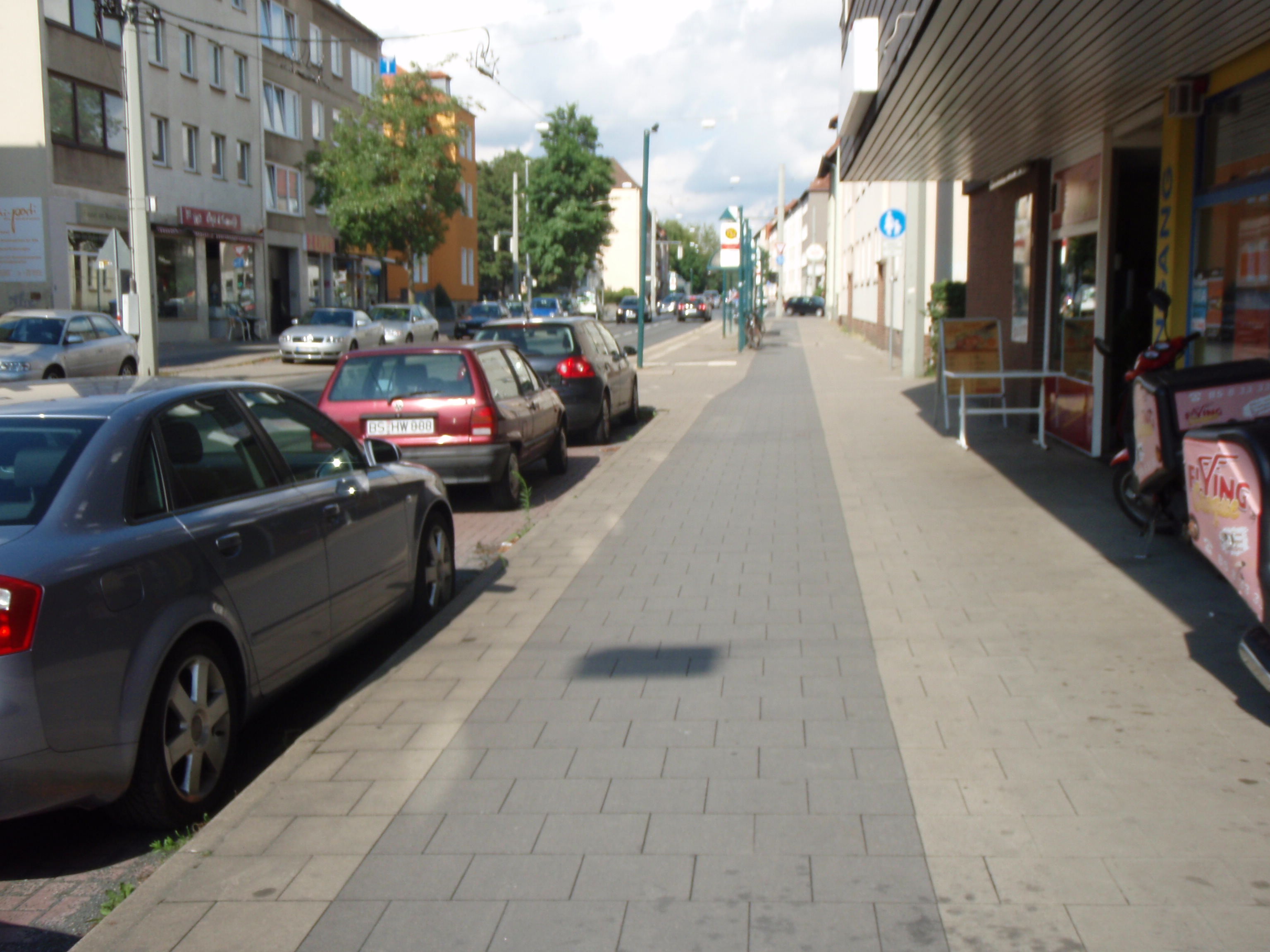 |
| Cycleways - it can be done - even providing continuity at a tram station |
I had it again the other day "but.. it's so... so... complex!" and "oh, it can't be done". The doubters, you find them everywhere. Why people keep saying it's complex and it cannot happen when it comes to cycle infrastrcuture - I don't understand.
It could not be more simple.
Also... you may ask, why does she keep going on about cycling infrastructure so much?
- Yes, it is either negligently missing or criminally inadequate in the UK. I think we all agree.
- But first and foremost of all - that transition will cost money and the other measure will be relatively cheaper to achieve.
This start-stop nature stifles local authorities to include cycling in long-term planning. Subliminally, the political leaders, chief executives and director are told that providing for cycling isn't worth doing. And council officers are constantly busy bidding for money for something they may not even have the design know-how for or interest in, or a clear mandate from their superiors. Cycle campaigners and (council) engineers alike ought to clamour for a budget to transform our cities, roads and streets. (And engineers - through their professional institutions and through their superiors at their workplace - should clamour for relevant CPD-accredited know-how courses to be set up and to attend those.)
And relentlessly so, until a long-term national budget dedicated to capital spending for cycling infrastructure is set at £1bn per annum, year on year (European investment levels).
- cycle campaigners, because they are the voice for future cyclists and liveable cities and they can work with the decision-makers, politicians and local councillors to get this into the agenda
- council engineers, because currently their authority is negligent in providing adequately for liveable cities and (future) cyclists and this has to be flagged up to the decision-makers, directors and local councillors
- all 30mph + roads to be fitted with cycle-specific provision (or reduce speed, but be design please) - various separation methods are listed here (this will cost lots and yield results!)
- other roads to be assessed for cycle provision needs, but are these are more likely to be dealt with through traffic calming: 20mph conversions, filtered permeability methods etc (this will cost relatively much less!)
- Nope, Amsterdam didn't grow organically into a cycle city. It was political decisions and setting the right policies that got them there.
- Yes, they had to do start thinking about this earlier - as space ran out earlier.
What's complex is finding the right people to make these simple decisions. Seeing through the local authorities rainforest jungle of trees is complex. Finding the someone who can be held to account is complex. In that case, I'd not say complex were the right word then. It's more political, maybe.
Just watch this (from Copenhagen with love) http://www.youtube.com/watch?v=ibCcp0Y3OB0#t=04m31s
You're asking for one billion pounds per year in the UK. You also compare with Amsterdam in the Netherlands. Do you realise that to match Dutch investment in cycling the UK would have to spend the equivalent of about 1.5 billion per year, but actually Britain is a long way behind and needs to spend rather more if it is ever to start to catch up. I don't think it helps to hold up a "European" standard when actually Britain would benefit much by advancing only to the average European level in cycling. Better surely to hold up the gold standard.
ReplyDeleteHi David - you know so much more. I bow to your knowledge anytime.
DeleteMy problem is that even if the money were available... "they" would not know how to spend it as the expertise is simply not there. (And the local political will may also be lacking...)